 Peace Processes
Peace Processes
Peace processes involve a series of negotiated steps to end wars and build sustainable peace. The U.S. Institute of Peace works with practitioners, diplomats and officials to understand how to effectively manage or facilitate such processes. This includes how such negotiations can be structured and supported, the issues to be resolved, the trade-offs involved, and the consequences and challenges that result. From considering gender and the role of women in Colombia’s peace process to furthering a new understanding of Myanmar’s long road towards peace, USIP works to ensure that peace agreements in conflict areas are inclusive, participatory, and locally led and supported.
Featured Publications
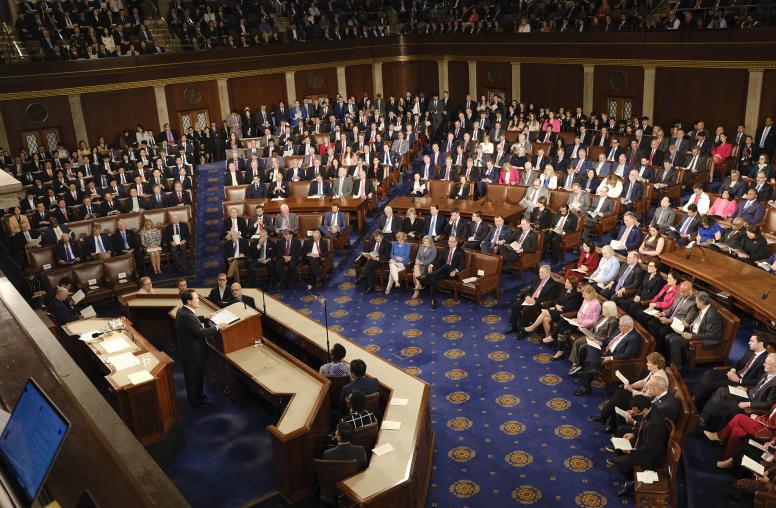
How Congress Can Help Improve Relations with North Korea
Although the Constitution authorizes the president and the executive branch to lead foreign affairs, it also vests the legislative branch with responsibilities that impact the conduct of diplomacy and statecraft. These include the ability to “declare war,” “raise and support armies,” “regulate commerce with foreign nations” and approve treaties and diplomat appointments, as well as general oversight functions and power to appropriate money from the Treasury.
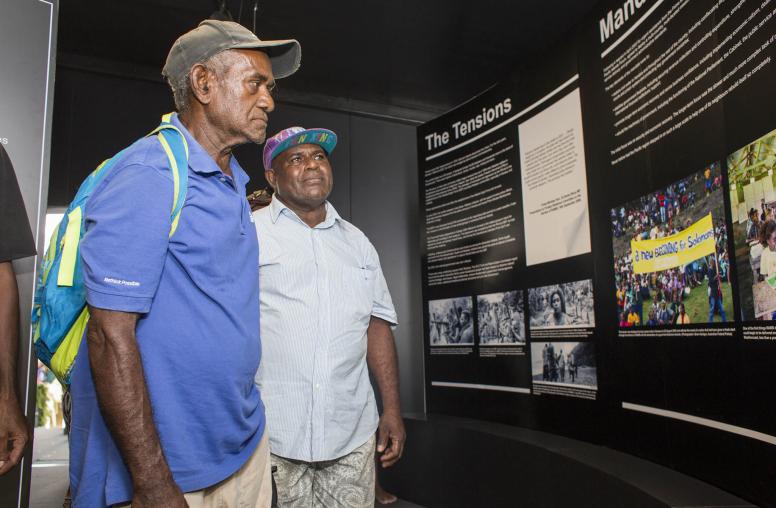
It’s Not Too Late for Solomon Islands’ Truth and Reconciliation Commission
Established in 2008, the Solomon Islands Truth and Reconciliation Commission (TRC) was tasked with investigating the country’s civil conflict that killed 200 people and displaced more than 20,000 others between 1998 and 2003. The commission was the first of its kind in the Pacific Islands region, and its proponents hoped it could heal people’s lasting trauma by addressing human rights violations, promoting national unity and fostering reconciliation.

Four Priorities for Sudan a Year into the Civil War
This week marks a year of war in Sudan. A once promising revolution that led to the overthrow in 2019 of the country’s longtime dictator, Omar al-Bashir, has devolved into a devastating civil war. The fighting started over a dispute on how to incorporate the paramilitary Rapid Support Forces (RSF) into the country’s military, the Sudan Armed Forces (SAF). A year later as the conflict between the RSF and SAF grinds on, Sudan is experiencing the world’s worst displacement crisis and one of the world’s worst hunger crises in recent history.
Current Projects
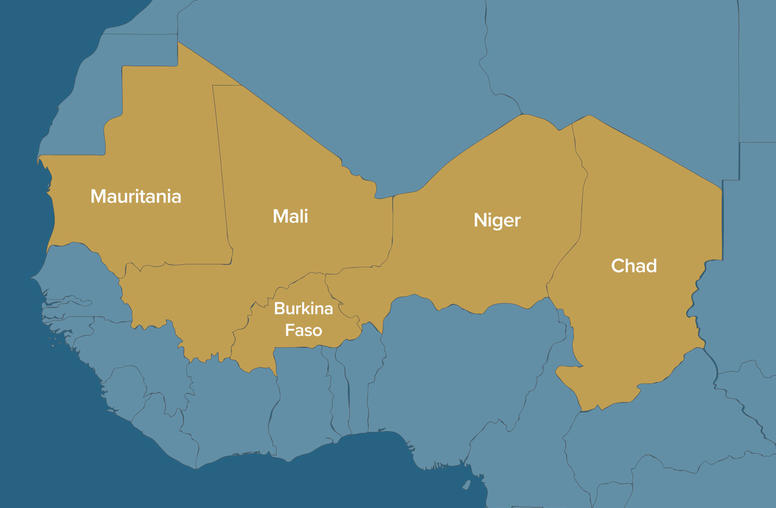
Bipartisan Senior Study Group for the Sahel
In May 2021, USIP created the Bipartisan Senior Study Group for the Sahel comprised of 12 current and former high-level U.S. officials, renowned academics and prominent Africa experts. The senior study group aims to generate new insights into the complex challenges facing the Sahel region, including food security, human rights, security assistance, private sector development and job creation — as well as great power competition. The senior study group will provide original recommendations to the U.S. government and governments in the Sahel region to improve foreign assistance, resolve conflict and support lasting peace.
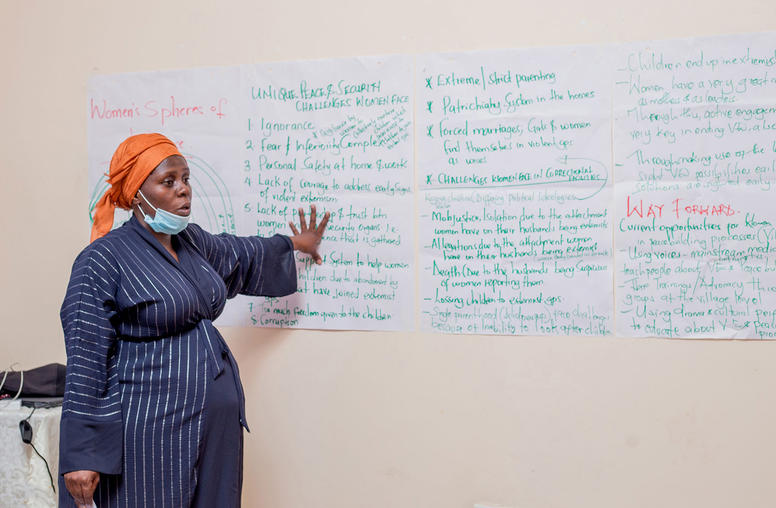
The USIP Learning Agenda
In support of the Evidence Act and as part of the U.S. national security architecture, USIP is carrying out its own learning agenda. Peacebuilding has long been viewed as too messy and complex for evidence-based approaches — but USIP’s mix of research and practice belies that assumption.
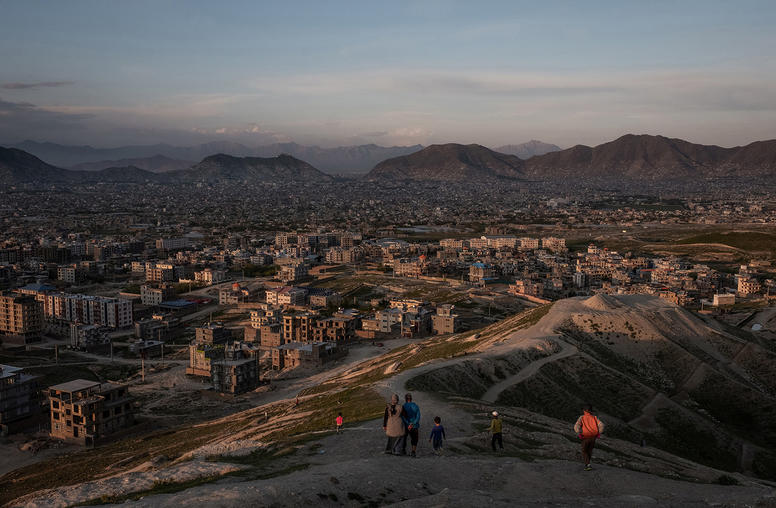
Afghanistan Peace Efforts
Almost 20 years after the United States ousted the Taliban regime, the first direct peace talks between the Taliban and the Afghan government began in Doha, Qatar in September 2020. The Taliban, Afghan government, and international forces have fought to a deadly stalemate, with both battle deaths and civilian casualties near record highs in recent years.